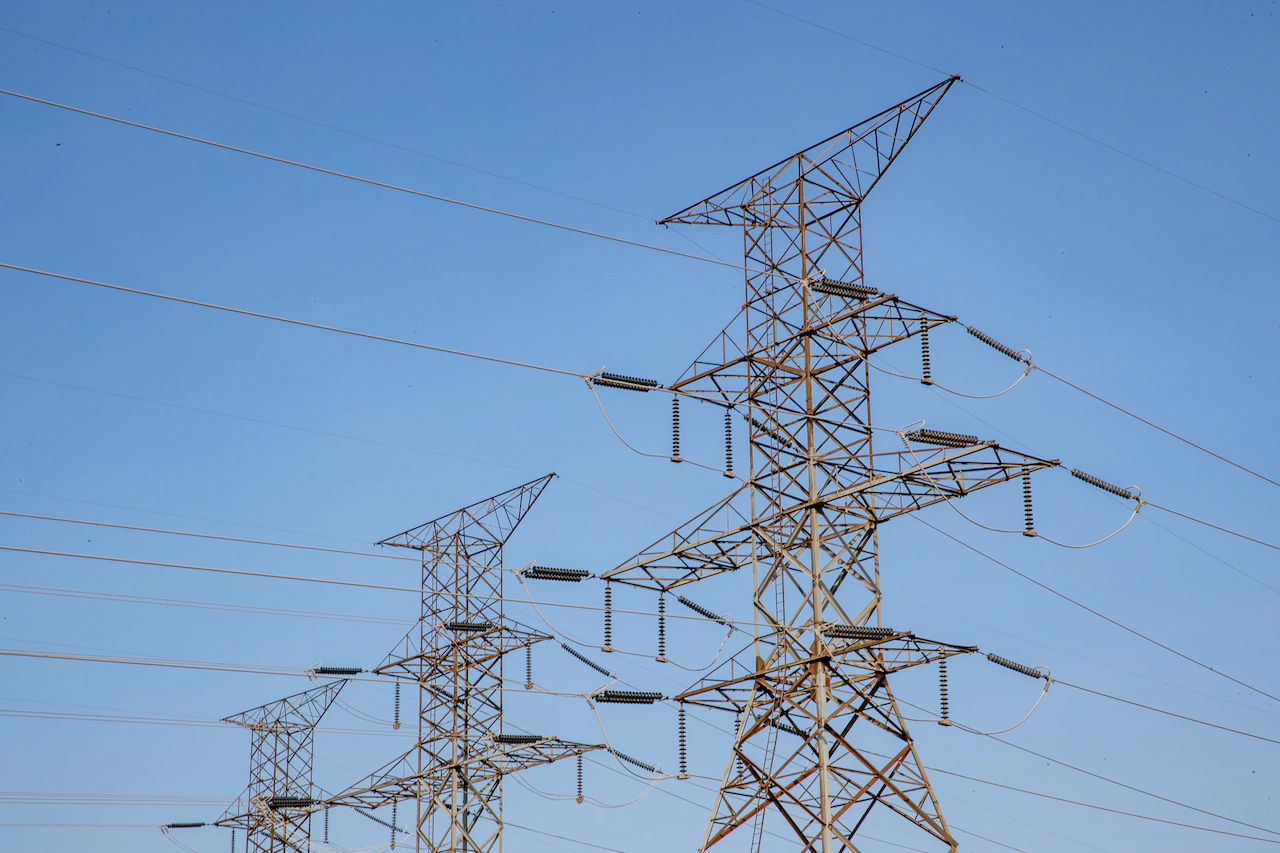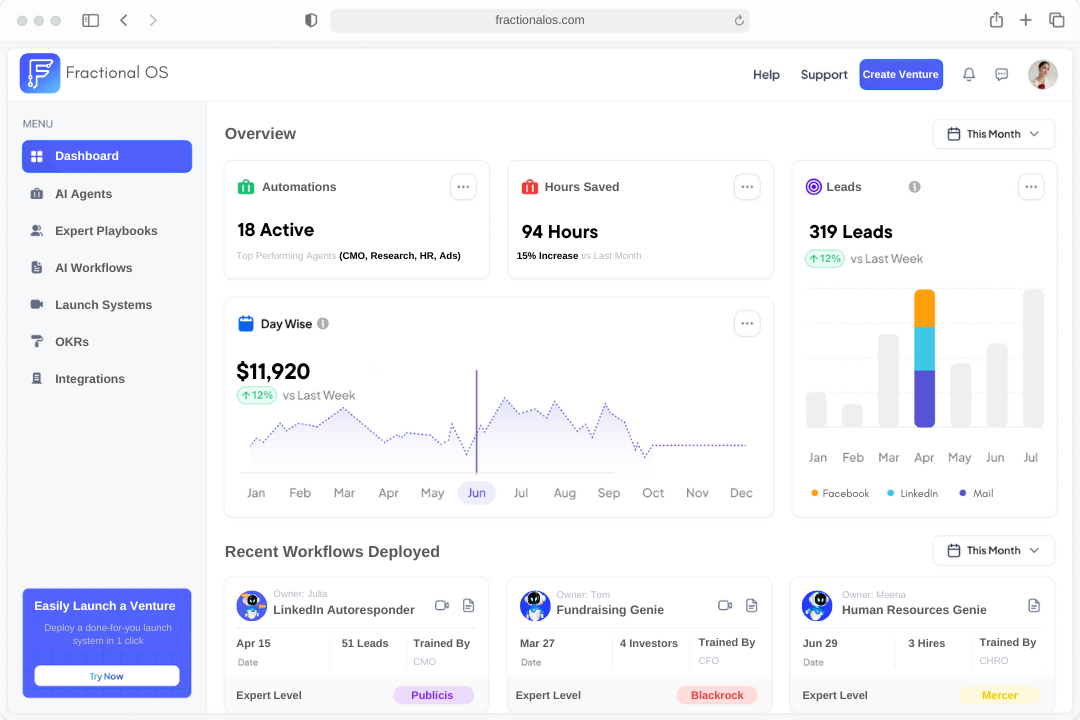Copyright M Live Michigan

LANSING, MI - Consumers Energy, Michigan’s second largest electric utility, has a newly modified electric rate in place that will allow it to serve power-hungry data centers undergirding artificial intelligence while protecting other customers from picking up the tab. The measure, the first of its kind in Michigan, got the all-clear from state regulators on Thursday, Nov. 6 as big tech companies eye the Great Lakes State for data centers drawing more power than entire cities and utilities line up to get a piece of the pie. “We recognize that the data center industry is still in flux both nationally and within our state. That uncertainty makes it all the more important to put protections in place now,” said Shaquila Myers, a member of the Michigan Public Service Commission, the regulatory body that approved the rate changes on Thursday. Myers and other regulators said they hoped to avoid a situation where residential customers paid for any of the hundreds of millions of dollars in utility investment in new power lines, substations and power plants that are required to support the largest “hyperscale” data centers and their racks of servers. Another risk is that the boom in facilities fueling the AI and cloud computing needs of tech giants like Microsoft, Google and Amazon proves speculative. If demand fails to materialize, other customers could be left “holding the bag,” regulators warned. Consumers Energy proposed a slew of safeguards while unveiling the requested rate term changes in February, and the Thursday decision in the form of a 129-page regulatory order finalizes them. It comes after months of legal testimony from the data center industry, consumer advocates, business groups and environmental organizations. The new measures balance the desire to show Michigan is “open for business” from data centers, while leveraging the potential benefits of new growth in power demand in a way that’s good for all customers, said Public Service Commission Chair Dan Scripps. The rate applies to all new customers drawing more than 100 megawatts. Consumers only has one right now, Hemlock Semiconductor, which is not affected by the changes. Under the rate modifications, data centers and big power users will be locked into 15-year minimum contracts and be billed for 80% of their contracted power, regardless of use. The idea behind the measures is to ensure large customers cover the costs of power infrastructure that is built out to serve them. Other protections include required “exit fees” if data centers shut down before their contracts end, equivalent to their minimum monthly bill multiplied by the months remaining on the contract. Consumer watchdogs praised the measures as lessening the risk that data center projects will inflate utility bills for Michiganders. “Michigan, so far, is not incurring significant costs to serve data centers, but if this load comes, those costs are hitting us,” said Shannon Fisk, an attorney and director of state electric sector advocacy with the environmental group Earthjustice. He called regulators’ action “an important step” toward reducing the risk, and a “pathway to ensuring that data centers do not raise costs for Michiganders who are already facing increasingly unaffordable bills.” The Data Center Coalition, an industry group, advocated for loosening the requirements, including shorter contracts and lower minimum billing in legal testimony. But its representatives say its members want to pay their fair share. “The industry is fully committed to paying our full cost of service for electricity. We don’t want to see those costs passed on to other consumers,” said Dan Diorio, vice president of state policy for the coalition, in an interview prior to the approval of the Consumers rate on Thursday. Industry supporters argue that data centers that significantly increase electric demand are a good thing for other customers, as they spread the fixed costs of running the grid over a larger volume of sales. There’s truth to that, Scripps said on Thursday. “It’s simple math.” For much of the 20th century, rising demand helped fund the development of poles, wires and power plants, Scripps explained. In the last 20 years, flat or limited growth and the need to replace that aging infrastructure has inflated power bills, he said. Data centers provide a new opportunity to release that pressure, he said, but the unprecedented scale of the additional demand requires safeguards. Under regulators’ Thursday order, Consumers will be required to make public filings when it strikes deals to serve data centers, proving that other customers are not subsidizing those facilities and outlining what new forms of power generation might be necessary. Over the summer, the utility announced it had reached a deal to serve an unnamed data center adding up to 1 gigawatt of additional demand, likely toward the end of the decade. It had fielded inquiries from more than 30 prospective data center developers, representing 15 gigawatts of demand. The figure is double the utility’s current 7.5 gigawatt maximum demand across its entire Lower Peninsula grid, although Consumers has said only a smaller number of projects will likely proceed. When asked if the new rate would allow Consumers to serve any particular project, utility spokesperson Matt Johnson did not name any. “Consumers Energy intends to work hard to continue to attract new businesses, including data centers, to Michigan, in a way that benefits everyone and fuels the state’s economic development,” he said in a statement. Some environmental advocates warn the data center boom threatens Michigan’s goals to cut reliance on planet-warming fossil fuels and may derail utilities from reaching state standards to increase reliance on clean and renewable energy. Regulators said the specifics of utility plans to reach those goals are best left for other proceedings. In doing so, the Public Service Commission “fell short” in promoting renewable power at the outset of data center contracts, said Daniel Abrams, senior associate attorney with the Environmental Law and Policy Center. “While the order includes important consumer protection terms, the Commission missed an opportunity to emphasize the importance of the state’s climate goals,” he said in a statement. Michigan energy regulators are just at the beginning of contending with data center growth. DTE Energy, the state’s largest utility, is currently seeking approval of contracts to serve a 1.4-gigawatt facility planned for farmland outside Ann Arbor to serve ChatGPT creator OpenAI and its partner Oracle — a massive increase in demand and the first of its scale in Michigan. DTE wants to rush approval of the contract, though Michigan Attorney General Dana Nessel has pushed back. The DTE contracts include similar provisions as the protections outlined in the Consumers Energy rate.



